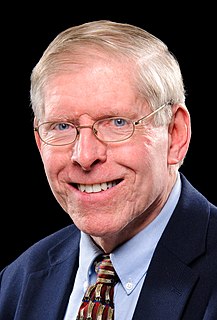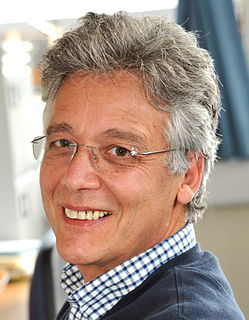A Quote by Andreas Vesalius
The more fashionable doctors in Italy, began to delegate to slaves the manual attentions they deemed necessary for their patients ... that the art of medicine went to ruin.
Related Quotes
We sometimes think that the best doctors are the ones who have the most specialized knowledge or the fanciest degrees, but in fact, study upon study, including one published in the 'New England Journal of Medicine,' show that the best doctors are the ones who also know how to connect with their patients.
Doctors should recognise the importance of the five human values; Truth, righteousness, Peace, Love and Non-violence. Love is the basis for all the other values. Doctors can infuse courage in patients by the love they show towards the patients. If doctors carry out their duties with love they will be crowned with success.
People and organizations other than doctors increasingly are assuming power to decide which medications to prescribe or procedures to undertake. More and more, decisions about personal healthcare are no longer made by the treating physicians in consultation with their patients, and based on the doctors' expertise.
Until the 20th century, medicine was more like politics than physics. Its forecasts were often bogus and its record grim. In the 1920s, statisticians invaded medicine and devised randomised controlled trials. Doctors, hating the challenge to their prestige, resisted but lost. Evidence-based medicine became routine and saved millions of lives.
Homoeopathic treatment is my first choice not only for me but also for my family. Homoeopathy should be developed as full- fledged alternative system of medicine. More research and more development are essential to make Homoeopathy more popular and useful Homoeopath treats their patients in more compassionate way. Homoeopathy is second largest system of medicine being practiced in India.






































